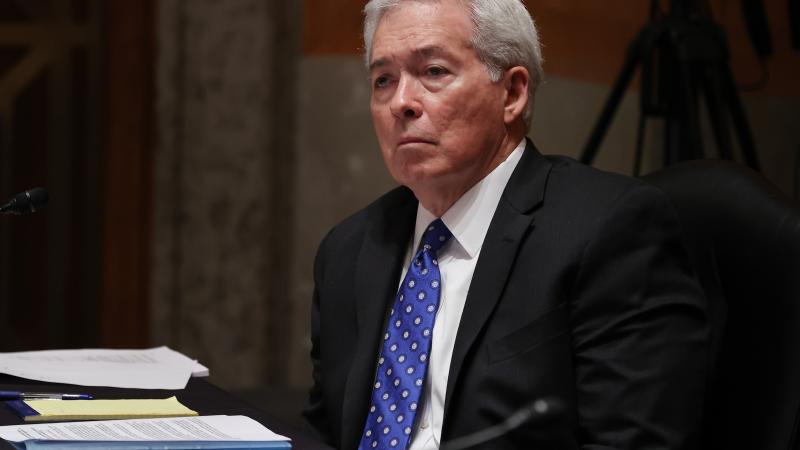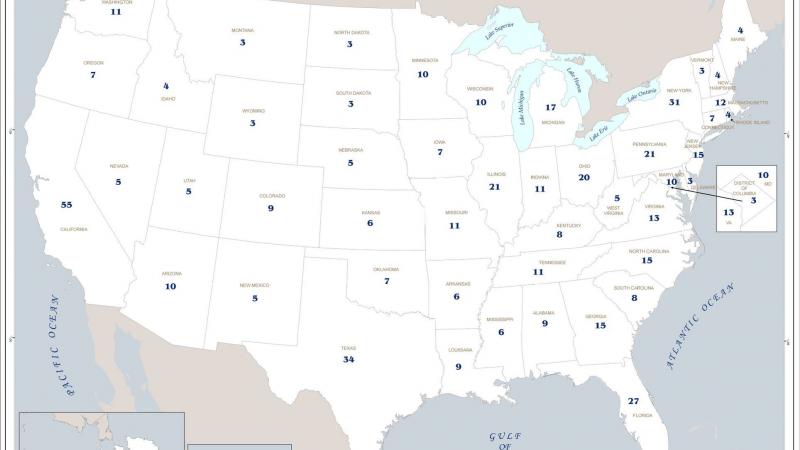British security chief warns: Terrorists stalking new targets amid COVID-19 lockdowns
"Fewer crowds mean terrorists look at different targets," MI5 chief Ken McCallum said.
Britain's national security chief are warning that anti-Western terrorists are stalking new types of targets amid pandemic lockdowns that keep large numbers of potential victims away from public spaces.
"The big shifts in everyone's lives – reduced travel, more online, and the rest – mean shifts in how our adversaries are operating," Ken McCallum, the head of Britain's MI5 domestic counter-intelligence and security agency, said Wednesday.
McCallum made the comments during his first public address since he became the Security Service director general in April.
"Fewer crowds mean terrorists look at different targets," he said. "Online living means more opportunities for cyber hackers, and so on."
The lockdowns also make things harder for investigators, McCallum also said.
"Equally, 2020 has demanded shifts in how MI5 itself has to operate; you wouldn't expect me to get into detail, but common sense will tell you that covert surveillance is not straightforward on near-empty streets," he said.
The warning echoes an assessment this month from the U.S. Department of Homeland Security, which cited new types of threats stemming from the COVID-19 pandemic.
Nation-state actors and criminals will exploit the pandemic by targeting health care and government response agencies, among other prey, the agency wrote in its October publication, Homeland Threat Assessment.
"Cybercriminals most likely will deploy ransomware for financial gain, whereas nation-state cyber actors might seek to capture insights into U.S. response plans and scientific information related to testing, therapeutics, and vaccine development," DHS wrote.
The U.S. agency continued: "We expect that cybercriminals and nation-state cyber actors will target victims in the United States with COVID-19-themed spear-phishing e-mails, which we already have observed overseas."
Within the United Kingdom, cyber attacks are a significant threat, McCallum said in his Oct. 14 remarks, where he listed multiple sources of covert hostile activity.
"It's not just about spies, and it's not just about stealing state secrets," he said. "In 2020 we are defending against threats to people, up to and including assassinations, as the Alexei Navalny poisoning reminds us; threats to our economy, our academic research, our infrastructure."
The perils overall are a threat to Britain''s democracy, the security chief said.
"In the 2020s, one of the toughest challenges facing MI5 and indeed government is that the differing national security challenges presented by Russian, Chinese, Iranian and other actors are growing in severity and in complexity – while terrorist threats persist at scale."
Islamist extremist terrorism remains the largest threat by volume, he said.
British and American intelligence agencies have worked in concert to ward off that threat in particular.
The United Kingdom has given significant help to the United States in tracking down terrorists, the FBI said.
Most recently, the U.K. helped with efforts that led to the capture of former British citizens Alexanda Amon Kotey, 36, and El Shafee Elsheikh, 32, two ISIS militants allegedly involved in the deaths of four American citizens.














